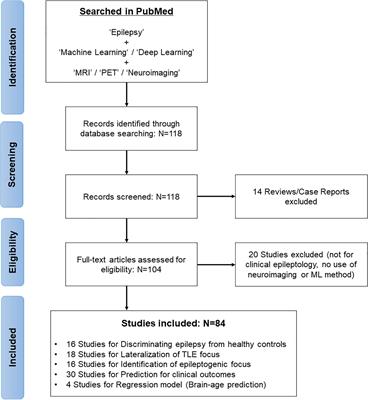EDITORIAL
Published on 31 Jan 2023
Editorial: Artificial intelligence based computer-aided diagnosis applications for brain disorders from medical imaging data
doi 10.3389/fnins.2023.998818
- 1,871 views
- 5 citations
16k
Total downloads
61k
Total views and downloads
Select the journal/section where you want your idea to be submitted:
EDITORIAL
Published on 31 Jan 2023
ORIGINAL RESEARCH
Published on 05 Jan 2022

METHODS
Published on 25 Nov 2021

BRIEF RESEARCH REPORT
Published on 26 Oct 2021

METHODS
Published on 06 Aug 2021

ORIGINAL RESEARCH
Published on 27 Jul 2021

ORIGINAL RESEARCH
Published on 14 Jul 2021

REVIEW
Published on 22 Jun 2021

ORIGINAL RESEARCH
Published on 21 Jun 2021

ORIGINAL RESEARCH
Published on 03 Jun 2021

ORIGINAL RESEARCH
Published on 14 May 2021

ORIGINAL RESEARCH
Published on 13 May 2021

